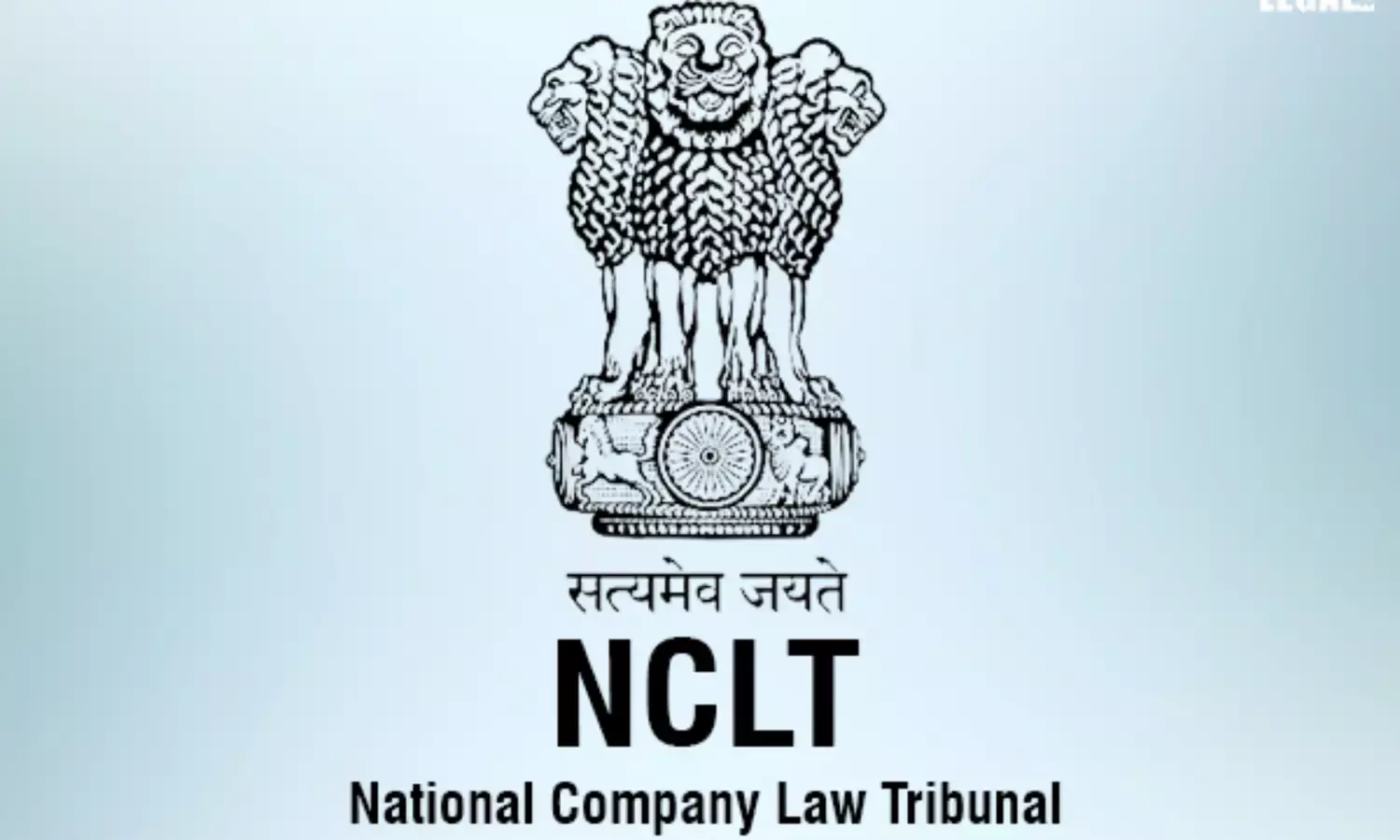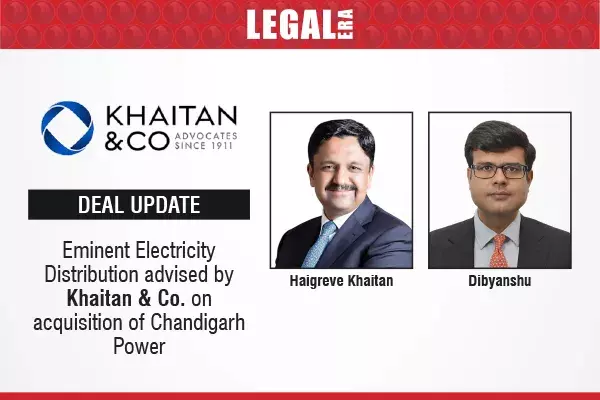NCLT Rules Default During Prohibited Period U/S 10A Of IBC Cannot Be Shifted By Subsequent Demand Notices
NCLT Mumbai rules that defaults during the Section 10A period of IBC remain protected, barring insolvency initiation afterward.;

NCLT Rules Default During Prohibited Period U/S 10A Of IBC Cannot Be Shifted by Subsequent Demand Notices
The National Company Law Tribunal (NCLT), Mumbai Bench, presided over by Hon'ble Shri K. R. Saji Kumar (Judicial Member) NCLT Mumbai states that defaults within Section 10A's suspension period cannot trigger CIRP, ensuring insolvency protection for defaults during COVID-era restrictions.and Hon'ble Shri Sanjiv Dutt (Technical Member), has ruled that the date of default occurring within the prohibited period cannot be shifted merely because a notice for payment is issued again after the end of such prohibited period.
REC Limited, a financial creditor, filed a petition under Section 7 of the Insolvency and Bankruptcy Code (IBC) against Global Metal & Energy Private Limited, the corporate debtor. The petition sought to claim an amount of ₹47.09 crores, which was advanced to the corporate debtor in 2015 for setting up a 10 MW wind power project. The corporate debtor's account was classified as non-performing assets (NPAs) in 2018 but was later regularized.
However, the account was again classified as NPAs on March 31, 2021, following a default. Despite the financial creditor sending multiple demand notices, the corporate debtor did not respond, even though the debt had been acknowledged.
The corporate debtor opposed the petition on the grounds that the default period fell under Section 10A, during which no Corporate Insolvency Resolution Process (CIRP) could be initiated. The financial creditor contended that while the first default occurred during the protected period, defaults continued to occur after this period. They further argued that a subsequent demand notice issued on July 7, 2021, established a new default date of July 14, 2021, which was beyond the suspension period. They claimed that this new default was sufficient to initiate CIRP.
The NCLT rejected the petitioner's arguments, noting that an application under Section 7 of the IBC cannot be maintained for defaults occurring during the suspension period outlined in Section 10A of the IBC. The tribunal observed that the current application was clearly barred by Section 10A, as the default occurred during the prohibited period.
The tribunal clarified that while the retrospective bar does not extinguish the debt or thecreditor's right to recover amounts, CIRP cannot be initiated for defaults occurring during this period. Citing the Supreme Court judgment in Ramesh Kymal v. Siemens Gamesa Renewable Power Private Limited (2021), the tribunal emphasized that the legislature's intent was to prohibit the initiation of applications for CIRP regarding defaults that occurred between March 25, 2020, and March 24, 2021.
Additionally, the tribunal noted that a default date falling within the suspension period cannot be altered merely by sending a legal notice for the prohibited debt after the suspension period has ended. It pointed out that the corporate debtor's account was first classified as NPAs on March 31, 2021, while the default occurred on December 31, 2020. Therefore, the default clearly fell within the prohibited period, making the initiation of CIRP impermissible.
Ultimately, the tribunal concluded that since the default for the debt sought in the application occurred during the prohibited period under Section 10A, the present application could not be maintained. Consequently, the application under Section 7 of the IBC was dismissed.



